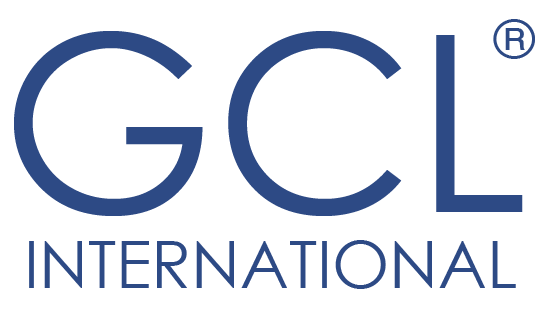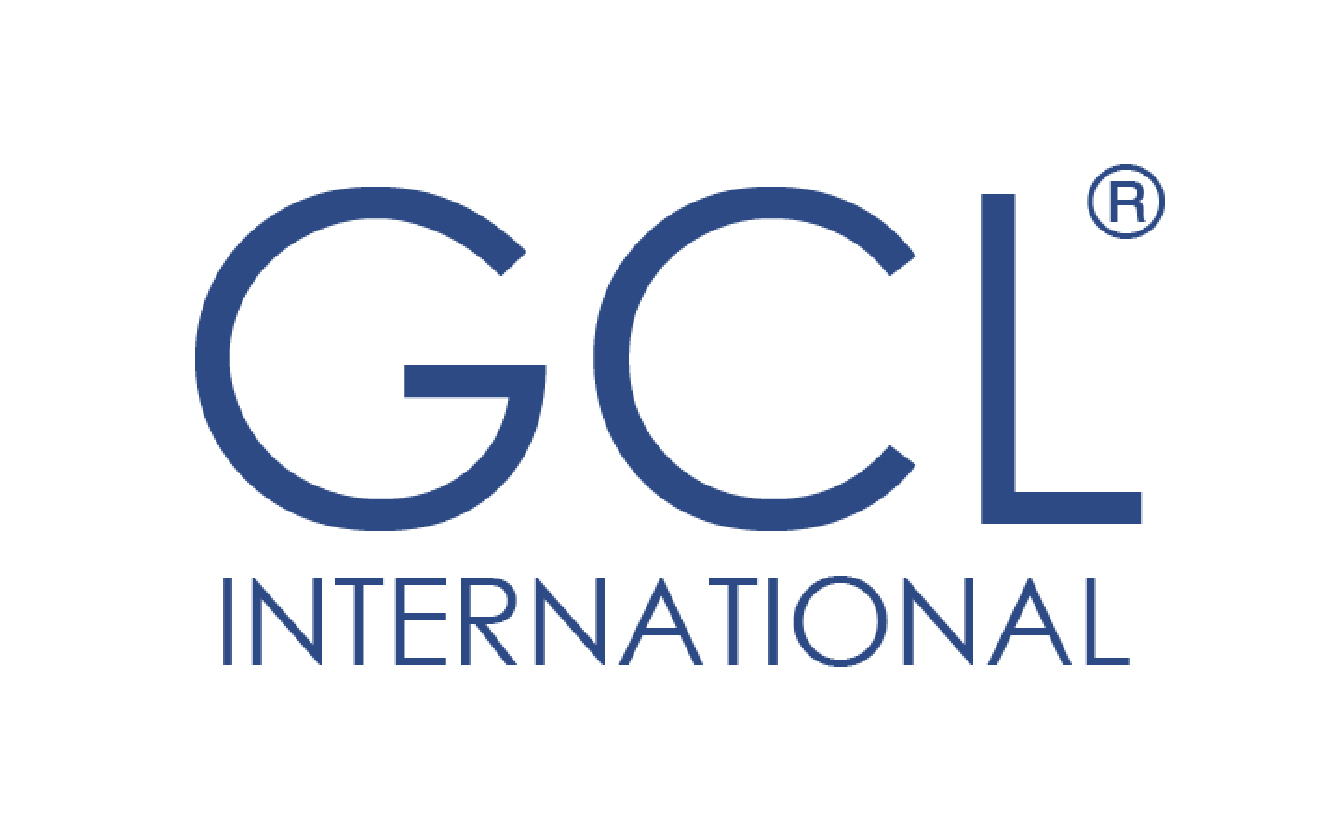FSSC 22000 Food Safety System Certification
The Foundation for Food Safety Certification (FSSC 22000) enables auditing and certification of food safety systems of organisations which process or manufacture:
- perishable animal products (i.e. meat, poultry, eggs, dairy and fish products)
- perishable vegetal products (i.e. fresh fruits and fresh juices, preserved fruits, fresh vegetables, preserved vegetables)
- products with long shelf life at ambient temperature (i.e. canned products, biscuits, snacks, oil, drinking water, beverages, pasta, flour, sugar, salt)
- (bio)chemical manufacturing i.e. vitamins, additives and bio-cultures (but excluding technical and technological aids)
- food packaging manufacturing (i.e. direct or indirect contact with the food)
The FSSC 22000 certification scheme has been developed and is maintained by the Board of Stakeholders of the Foundation for Food Safety Certification.
What are the benefits of FSSC 22000 certification?
- International harmonisation of food safety standards
- Supply chain approach
- Uses existing, independent, international standards
- When FSSC 22000 is in place, you automatically comply with the specifications for ISO 22000, ISO 22002-1, PAS 223 and ISO 22003
- Stakeholder approval and commitment (industry, retailers)
- In-depth and rigorous food safety audits
- Independent scheme management
- Transparency
- Non profit scheme.
What is the scope of FSSC 22000?
FSSC 22000 contains a complete certification scheme for Food Safety Systems based on existing standards for certification (ISO 22000 Food Safety, and ISO 22002). Each organisation producing food has the responsibility of identifying appropriate pre-requisite programmes (PRPs) for their area of production; ISO 22002 offers guidelines to support this.
The PRPs take into account the environment in which the food was produced, including factors such as pest control and personal hygiene.
Pre-requisites for food manufacturers are ISO/TS22002-1 for or PAS223 for food packaging.
Manufacturers that are already certified for ISO 22000 Food Safety will only need an additional review against technical specifications for their sector’s PRPs to meet this certification scheme. Organisations that want to integrate quality in their management systems can follow the requirements of ISO 9001 Quality Management.



